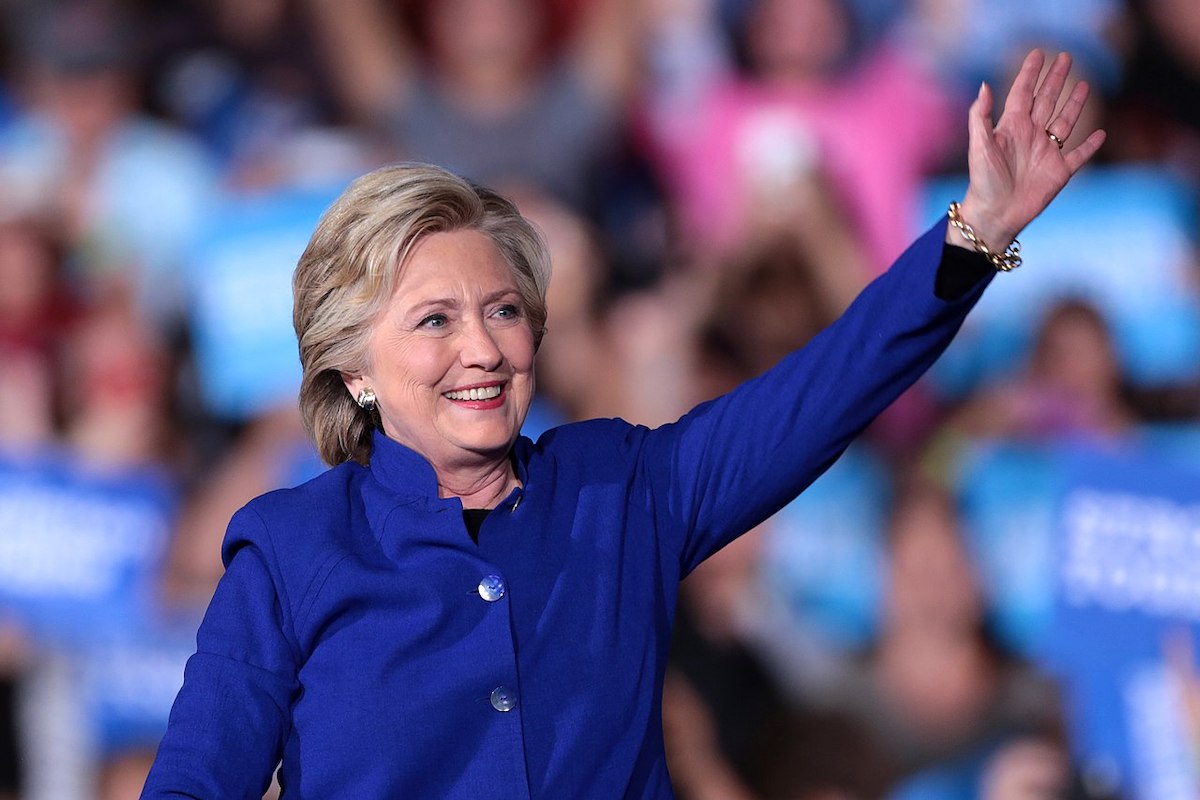Latest News
January 1, Fast Food Industry Faces Crippling Economic Challenges Amid Rising Costs

Fast food, an innovation that is as American as apple pie, has been in existence for over eight decades. But the economic viability of this industry is taking a hit.
When I, along with my team, expanded Papa John’s to over 5,000 outlets across the globe, I saw them not as a giant corporate entity but as 5,000 individual small businesses. Precisely these entrepreneurs are today caught in the crosshairs of economic distress, and it is urgent that we step in to aid them.
The future of the fast-food industry—including pizza delivery—is uncertain due to mounting prices, tax hikes, and mandated minimum wage increases. The fallout from this inflection point will directly impact Americans’ food choices, dining expenditure, urban development, and our cultural exports.
While some businesses will manage to adapt to the evolving market and stringent regulations, others will become mere footnotes in history. Popular chains such as Bob Evans, Long John Silver’s, Godfather’s Pizza, and Checkers/Rally’s have already gone down this path.
What’s causing this? It’s a fundamental shift in the very DNA of fast food. Fast food was synonymous with affordability, providing middle-class families the luxury of enjoying a meal without breaking the bank. But in recent times, fast food prices have been rising faster than wage increases for working-class Americans, causing disgruntled consumers to bemoan rocketing prices.
This price increase could potentially collapse an industry built on affordability. If iconic fast-food brands like McDonald’s, Burger King, Wendy’s can’t compete on price, their future is in jeopardy.
This situation is especially dire in states like California. Last autumn, Gov. Gavin Newsom approved a law raising the minimum wage for fast food workers to a whopping $20 per hour. This law empowered an unelected regulatory oversight board to implement future increases. The consequences of this legislation were swift and disastrous. Even before the law took effect, fast food firms in California had to let go of 10,000 employees, and more job losses followed.
Adding insult to injury, the law pressured fast-food franchisees to raise prices. Within the first month, Wendy’s, Chipotle, and Starbucks increased prices by 8 percent, 7.5 percent, and 7 percent respectively. While everyone supports fair earnings for food workers, they can’t earn if they are unemployed because small businesses can’t meet the wage mandates.
It’s important to remember that most fast food or pizza delivery workers are not paid by the corporations but by the franchise owners who run the actual restaurants. These are often middle-class entrepreneurs struggling to stay afloat amid rapidly rising prices.
Federal interference, such as the expiration of the Tax Cuts and Jobs Act (TCJA) next year, can further aggravate their plight. The TCJA was specifically designed to support small business owners; letting it expire would essentially be a tax increase, devastating fast food franchisees.
As the founder of Papa John’s, I am deeply troubled about the future of its franchisees. Top executives of Papa John’s wrongly assumed that the pandemic-induced surge in pizza delivery would continue indefinitely. The reality of a post-lockdown inflationary economy has hit hard, with spiraling interest rates, costs of goods, and wages, in addition to supply chain holdups and staffing issues. As a result, pizza delivery orders are dropping, and franchisees are feeling the heat, just like other businesses.
While the helm of Papa John’s, our brand was distinguished by its commitment to quality at affordable rates. The slogan, “Better Ingredients. Better Pizza. Papa John’s.” was not mere words, but a promise to our customers and employees.
If fast food companies fail to adapt to the times, it’s the franchisees, front-line workers, and customers who will bear the brunt. Hence, it’s crucial that executives and decision-makers consider their interests.
However, decision making will be a lot simpler if politicians stop setting up artificial roadblocks to success like driving inflation with deficit spending, unworkable minimum wages, and oppressive taxes and regulations.
Running any business in a hostile environment, particularly an administration that is anti-business, is a herculean task. Inevitably, competitors and changing market conditions will catch up. The fast-food industry is feeling the impact of these hostile actions, and I sincerely hope that our national leaders will take heed, change direction, and give these small businesses the support they need to thrive once again.
John Schnatter is the founder and former Chairman and CEO of Papa John’s International.
As our loyal readers, we encourage you to share your thoughts and opinions on this issue. Let your voice be heard and join the discussion below.

-

 Entertainment2 years ago
Entertainment2 years agoWhoopi Goldberg’s “Wildly Inappropriate” Commentary Forces “The View” into Unscheduled Commercial Break
-

 Entertainment2 years ago
Entertainment2 years ago‘He’s A Pr*ck And F*cking Hates Republicans’: Megyn Kelly Goes Off on Don Lemon
-

 Featured2 years ago
Featured2 years agoUS Advises Citizens to Leave This Country ASAP
-

 Featured2 years ago
Featured2 years agoBenghazi Hero: Hillary Clinton is “One of the Most Disgusting Humans on Earth”
-

 Entertainment2 years ago
Entertainment2 years agoComedy Mourns Legend Richard Lewis: A Heartfelt Farewell
-

 Featured2 years ago
Featured2 years agoFox News Calls Security on Donald Trump Jr. at GOP Debate [Video]
-

 Latest News2 years ago
Latest News2 years agoNude Woman Wields Spiked Club in Daylight Venice Beach Brawl
-

 Latest News2 years ago
Latest News2 years agoSupreme Court Gift: Trump’s Trial Delayed, Election Interference Allegations Linger
Daniel A Lizotte
August 7, 2024 at 6:49 am
It’s the extermination of the middle class is what the elite are working on.
Stan S Gerber
August 7, 2024 at 7:08 am
Moral: stop voting for Democrats who over regulate, tax and spend. As widely predicted, the artificial and not market driven minimum wage hikes has reduced jobs, made the poor poorer, and driven small business out of existence. Vote R to save America.
Also – maybe franchise fees could be reduced?
Patricia Onion
August 7, 2024 at 1:58 pm
The minimum wage of 20 dollars is insane and crippling. Counter jobs at these place were meant to be entry into the work force for young people not a career to sustain a family. They can not pay that wage and remain financially stable. The government needs to get out of the way.
William
August 7, 2024 at 9:16 pm
There is a reason for minimum wage jobs…the jobs are a stepping stone for people to learn something about themselves and their social skills, work ethic, responsibility and commitment while earning some extra cash. I see that mom and pop businesses are going to suffer along with small town businesses along with Big Mac meal is in the same category as someone with champagne tastes on a beer budget. I won’t pay for fast food meals now.